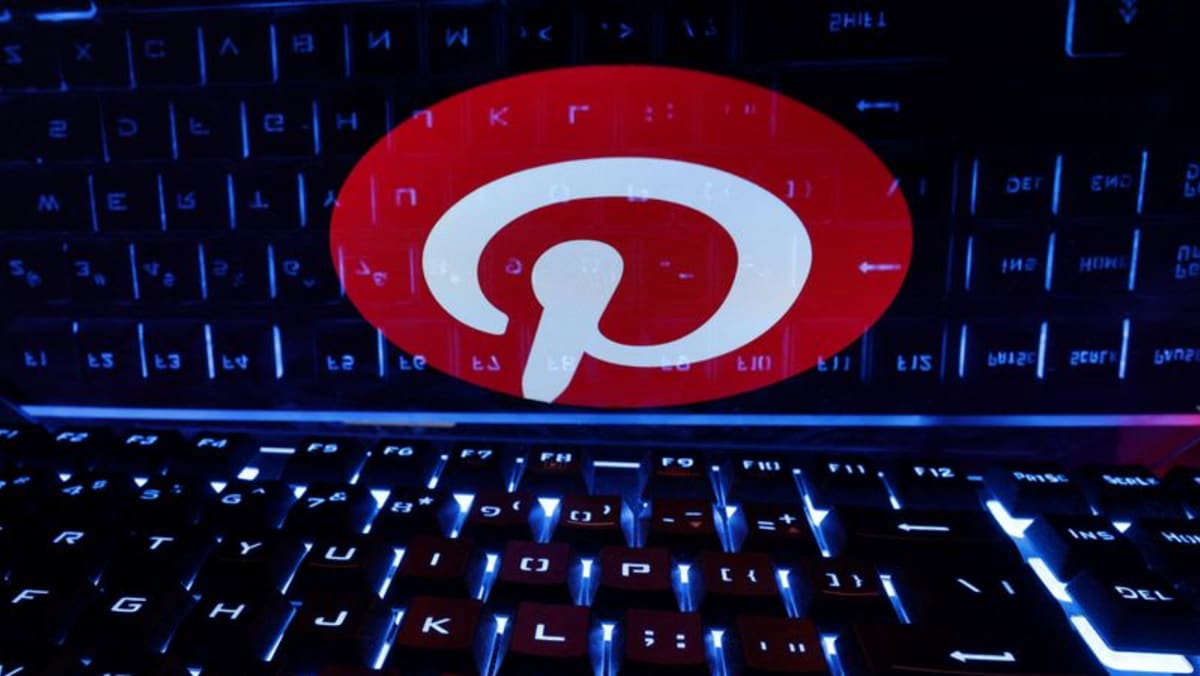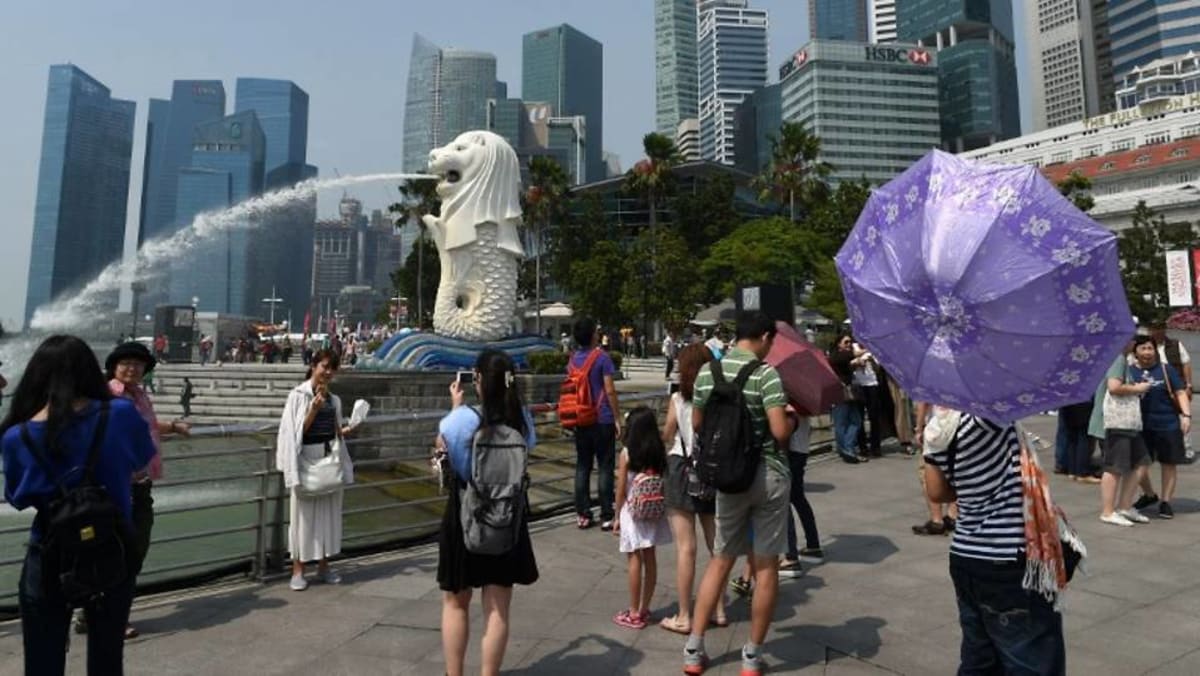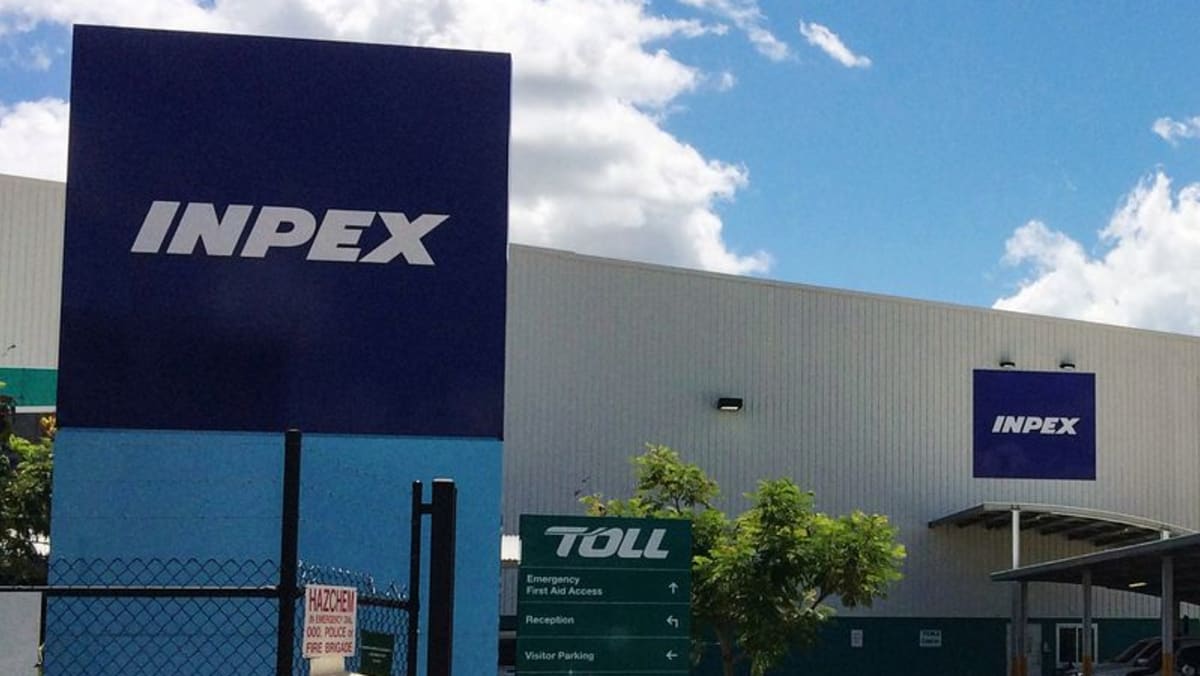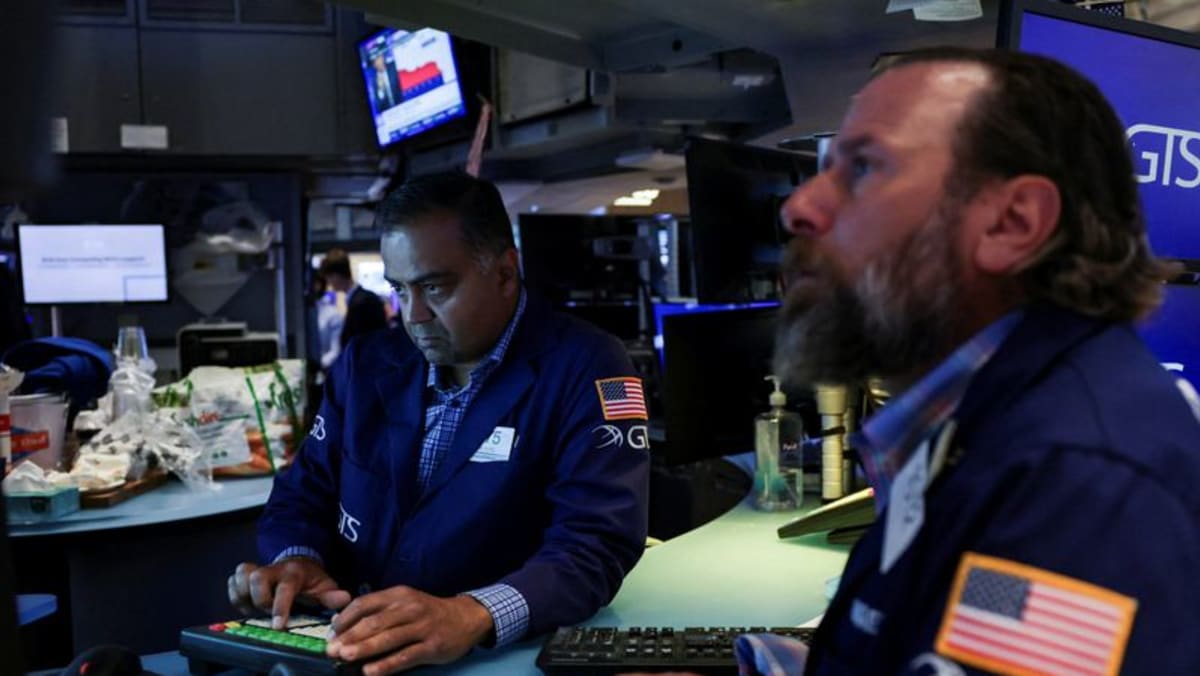Pinterest shares plunged about 15 per cent on Friday after the image-sharing platform warned of weaker ad spending in the U.S., its biggest market, due to the removal of the “de minimis” trade loophole.
Tariffs-driven uncertainty and a suspension of the exemption that allowed packages valued at or under $800 to be shipped to the U.S. without facing import duties have forced some Asian e-commerce companies to scale back their U.S. marketing budgets.
Those companies are now focusing on Europe and their home markets, where advertising rates are typically lower than those in North America, impacting ad revenues at Pinterest.
The company, known for curating links to lifestyle products such as home decor, fashion accessories and beauty items, saw a 25 per cent decline in advertising prices in the second quarter. With U.S. tariffs in place, the trend is expected to continue.
“Management’s comments on tariff concerns extending into the third quarter likely spooked the Street,” Roth Capital Partners analysts said.
A user growth slowdown, especially in North America, also added to investor worries. The company added 8 million users in the quarter to 578 million, lower than the 17 million in the first. It is much smaller than rivals such as Meta-owned Instagram.
The stalled user growth is a “significant” concern, AJ Bell head of financial analysis Danni Hewson said. “As followers of the fortunes of MySpace, Bebo and Vine could tell you, it can be hard to regain relevance in the social media world once you have lost it.”
To boost engagement and attract more ad dollars, Pinterest has been doubling down on investments in shopping tools and personalization. But that is pushing up costs just as revenue growth is under pressure, hitting profits.
The company’s quarterly adjusted profit per share of 33 cents fell short of expectations of 35 cents on Thursday as total costs and expenses jumped 15 per cent.












